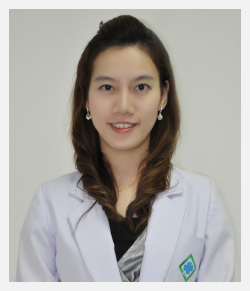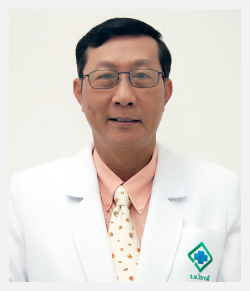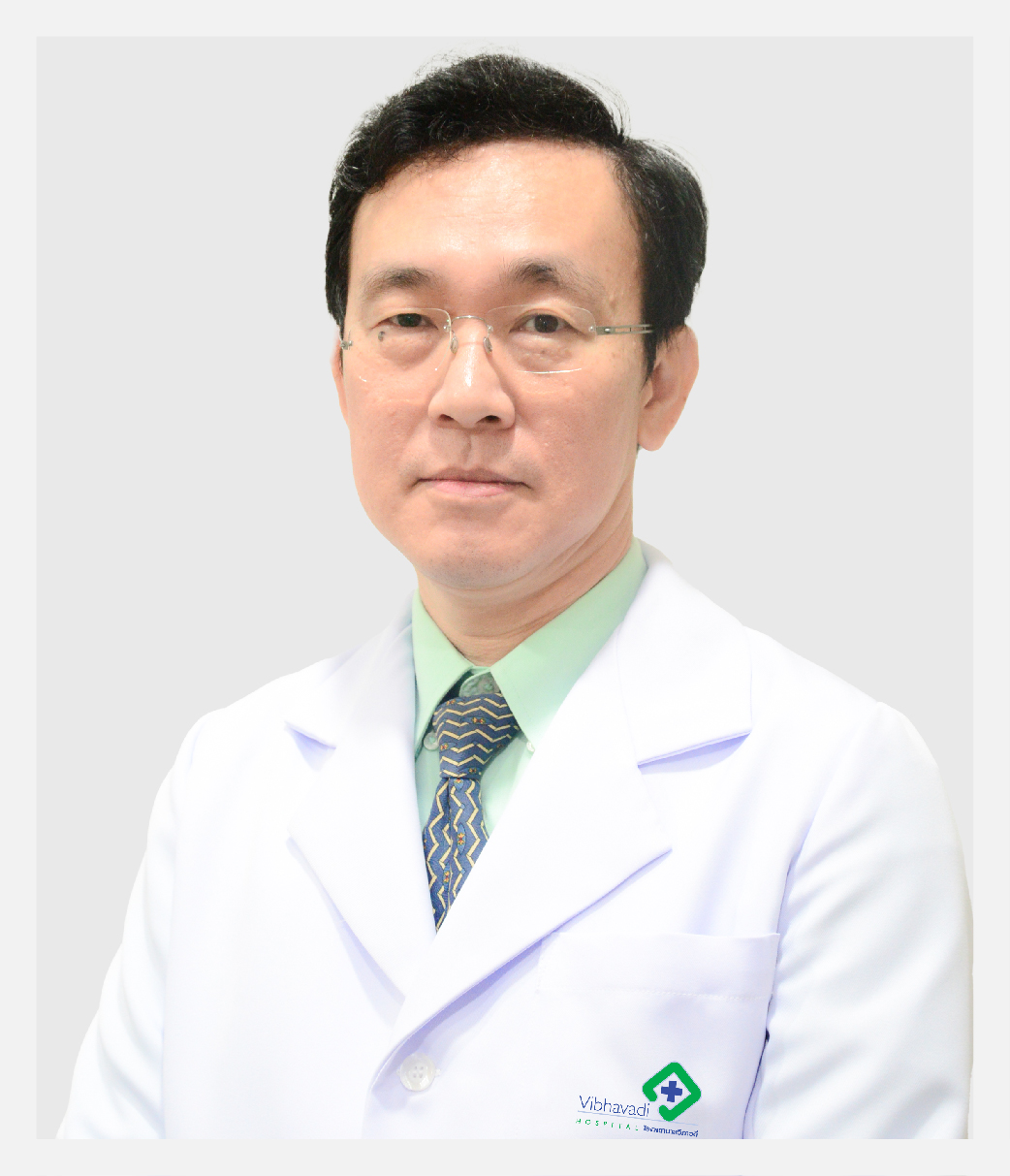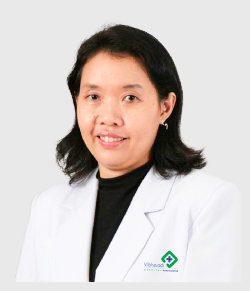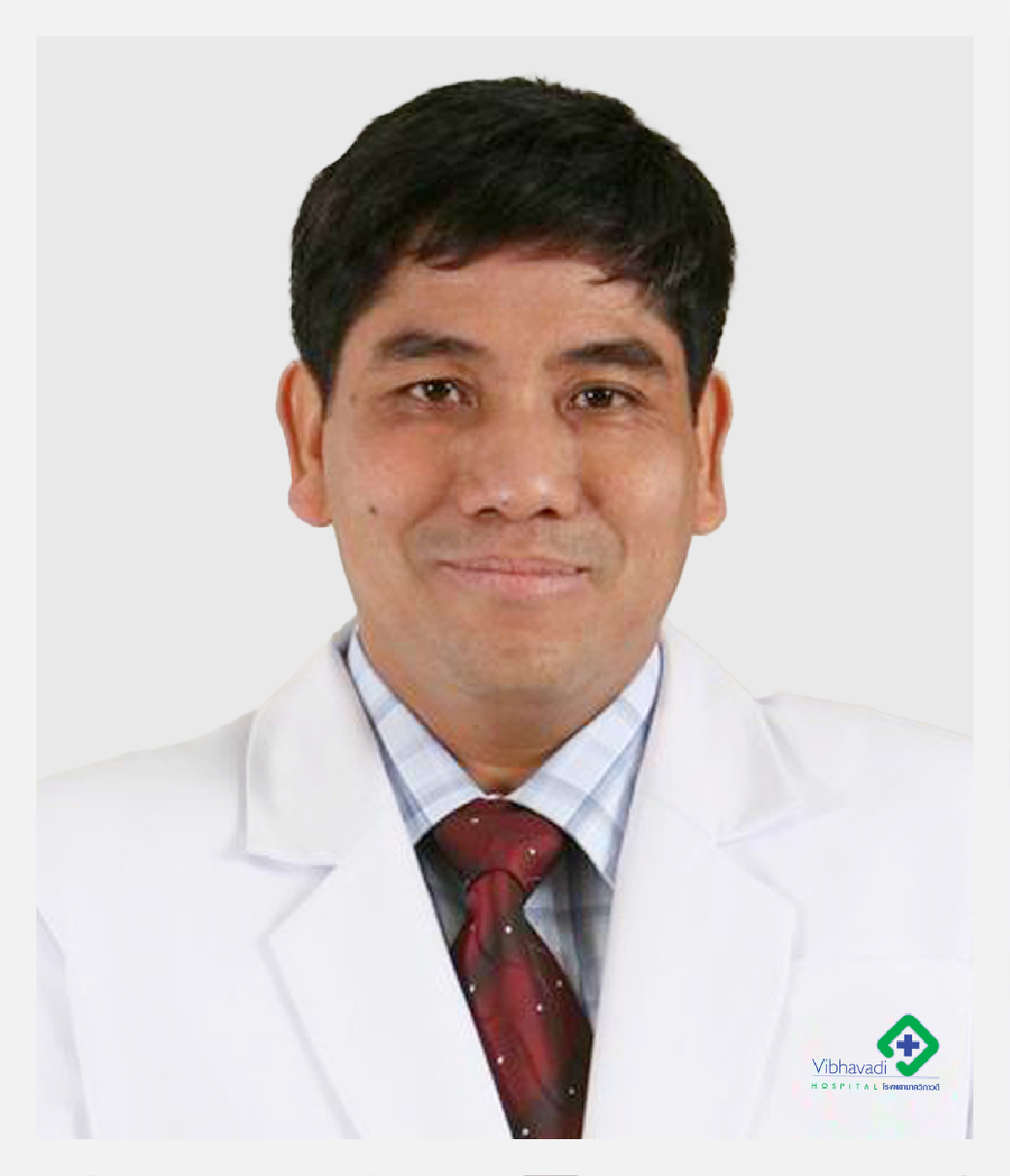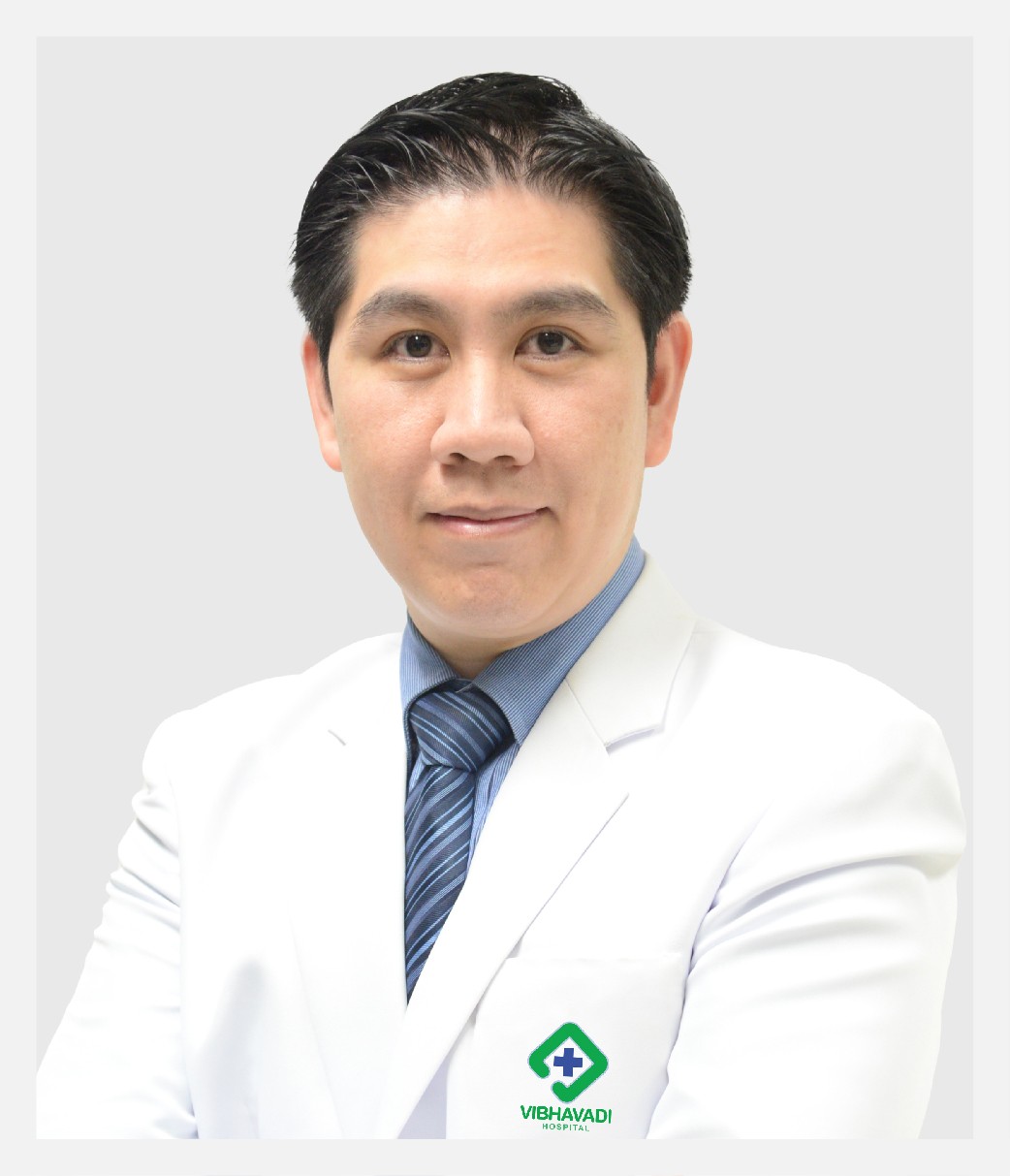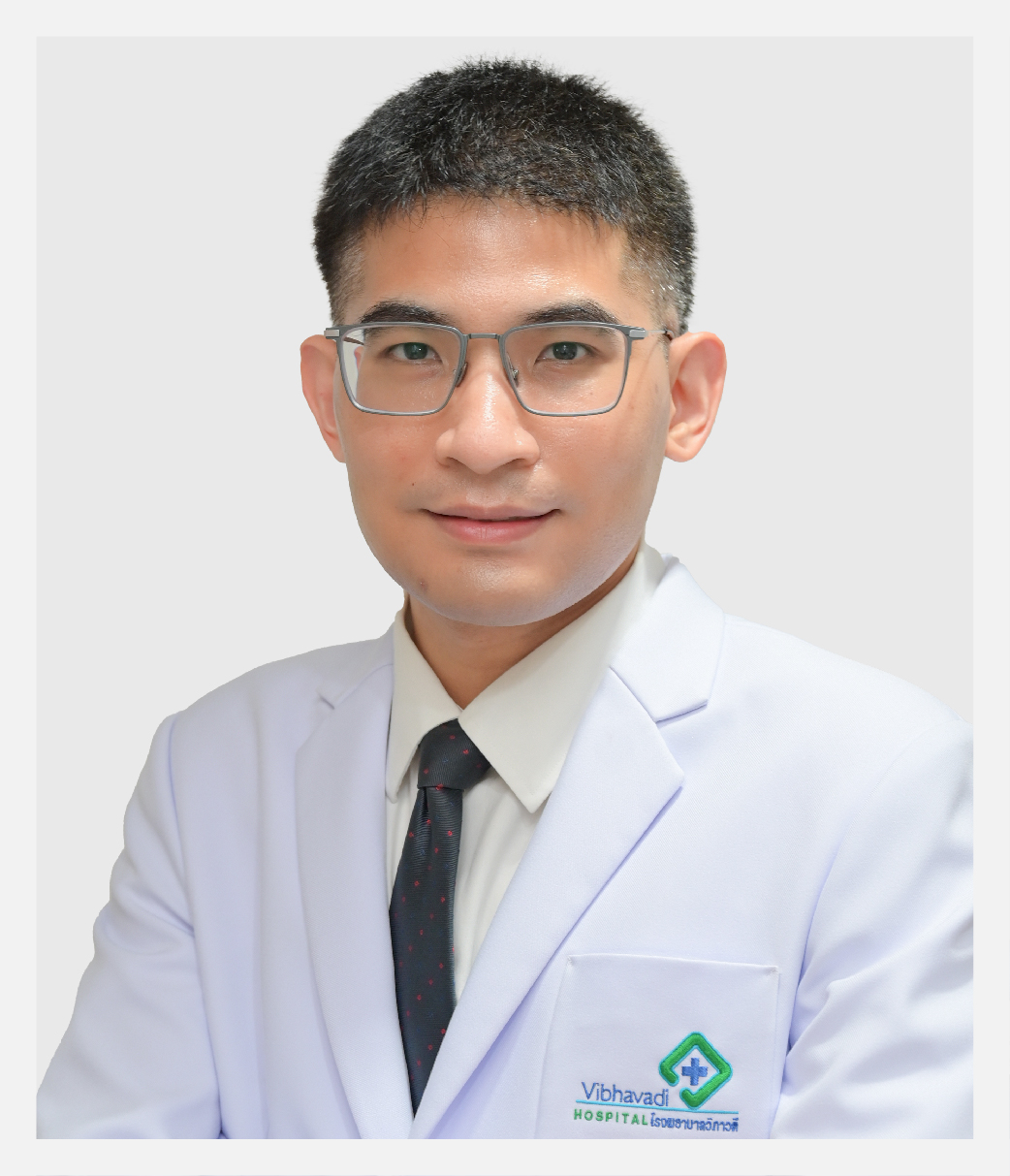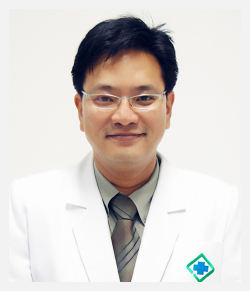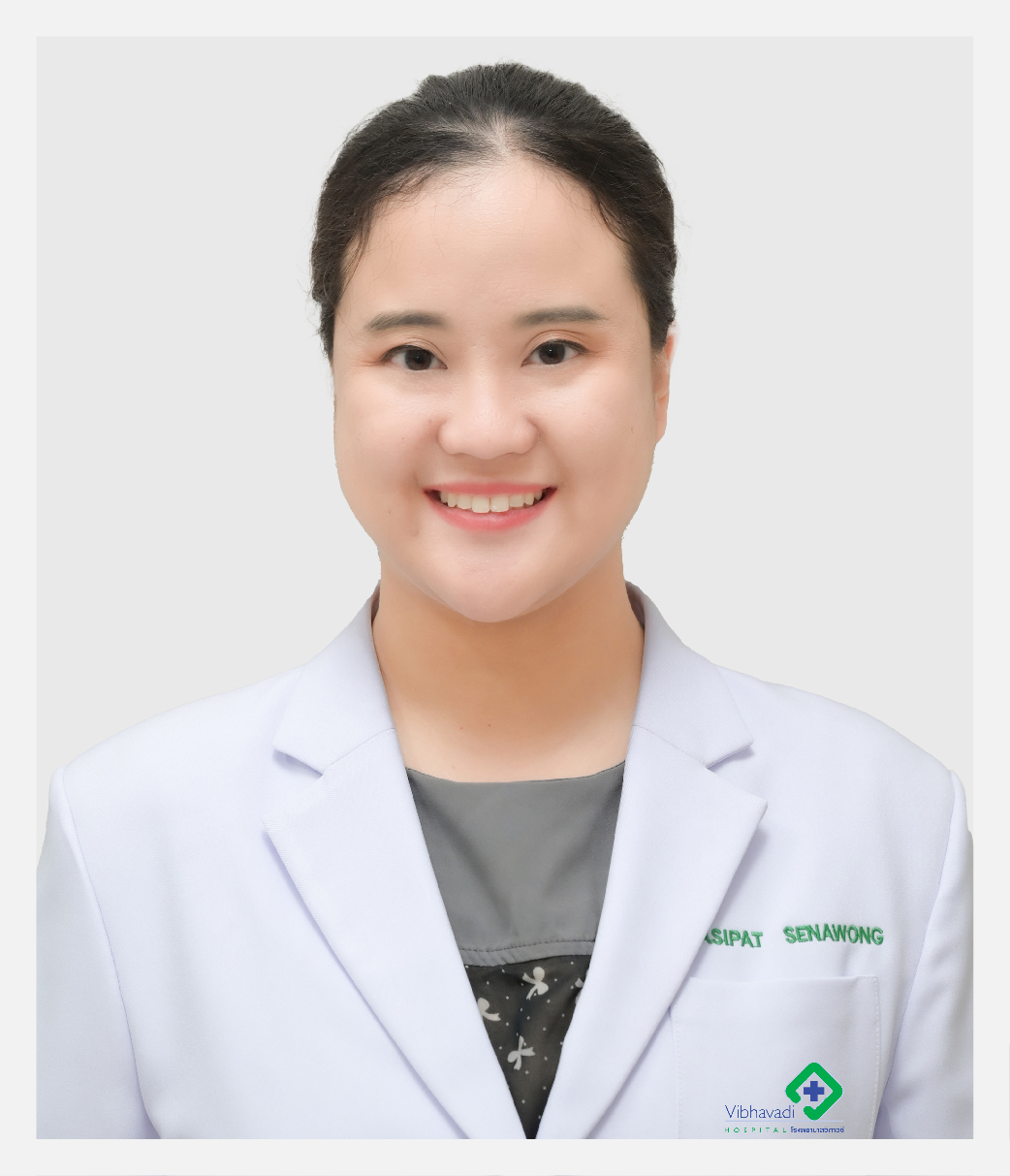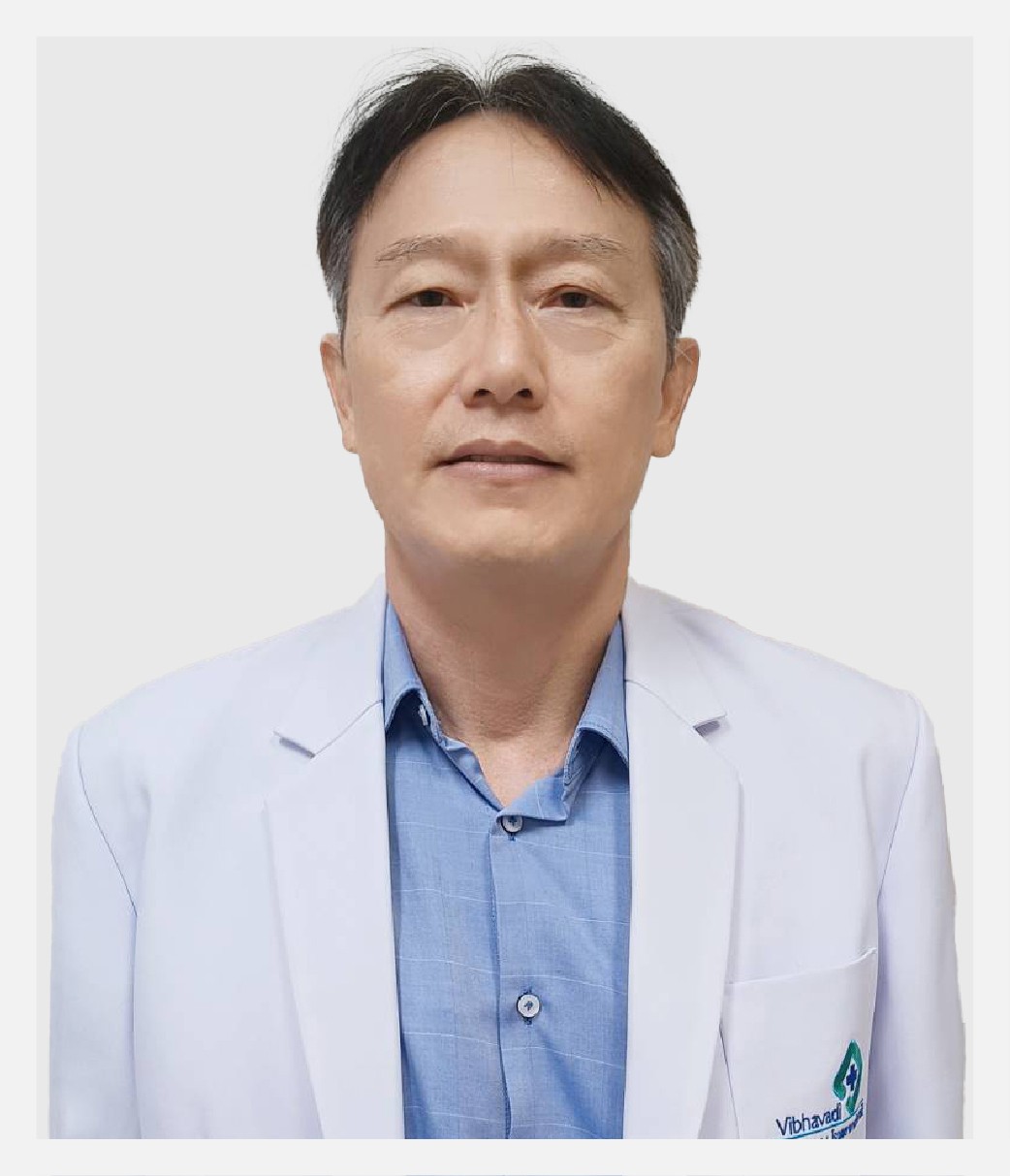Depression: Symptoms, Causes, Diagnosis, and Treatment
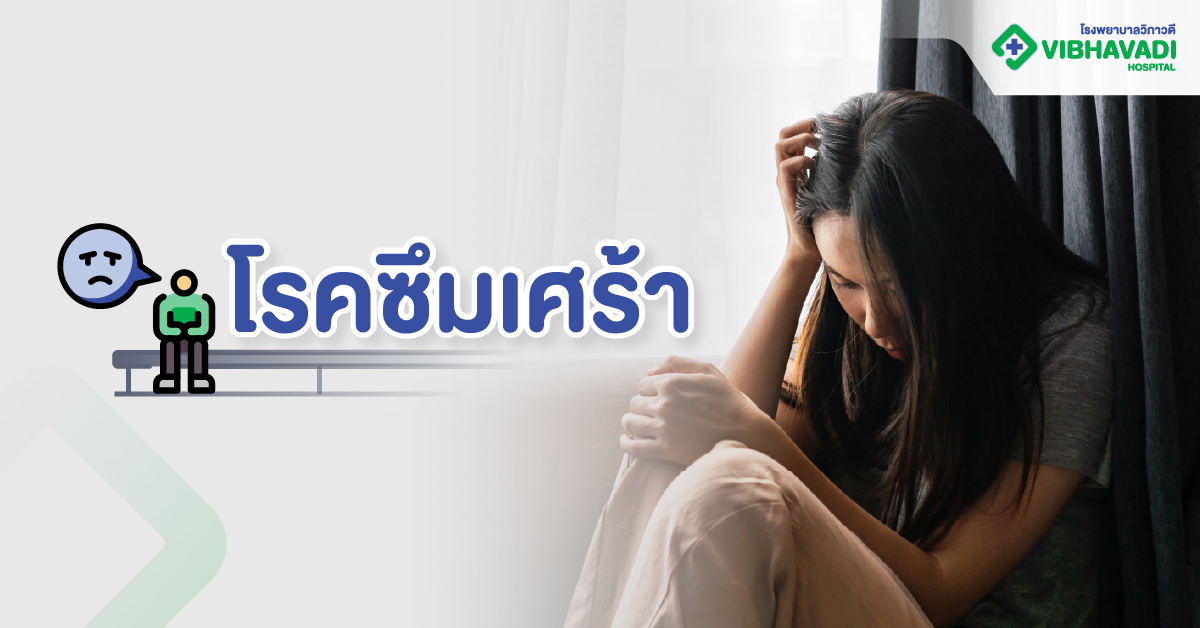
Introduction
Depression is one of the most common mental health disorders worldwide. It is more than just feeling sad or going through a difficult time — it is a serious medical condition that affects how a person feels, thinks, and behaves. If left untreated, it can lead to severe emotional and physical problems. At Vibhavadi Hospital, we offer comprehensive care for individuals experiencing depression, including expert evaluation, counseling, and medication management.
What Is Depression?
Depression, also known as major depressive disorder (MDD), is a mood disorder characterized by persistent sadness, loss of interest, and difficulty performing daily activities. It can affect anyone, regardless of age, gender, or background.
Common Symptoms of Depression
Symptoms of depression vary in intensity and duration. The most common include:
-
Persistent sadness, emptiness, or hopelessness
-
Loss of interest or pleasure in activities once enjoyed
-
Fatigue or lack of energy
-
Sleep disturbances – insomnia or excessive sleeping
-
Changes in appetite or weight
-
Difficulty concentrating, thinking, or making decisions
-
Feelings of guilt, worthlessness, or helplessness
-
Irritability or frustration
-
Physical aches or pains without a clear cause
-
Thoughts of death or suicide
If you or someone you know is experiencing suicidal thoughts, seek help immediately. Vibhavadi Hospital provides 24/7 mental health emergency support.
Types of Depression
There are several forms of depression, each with specific characteristics:
1. Major Depressive Disorder (MDD)
Severe symptoms that interfere with daily life for at least two weeks.
2. Persistent Depressive Disorder (Dysthymia)
Chronic form of depression lasting for two years or more, with milder but long-lasting symptoms.
3. Bipolar Disorder
Involves episodes of depression alternating with periods of mania.
4. Seasonal Affective Disorder (SAD)
Occurs at specific times of the year, often in winter.
5. Postpartum Depression
Develops after childbirth, affecting mothers emotionally and physically.
What Causes Depression?
Depression is a complex condition with no single cause. It often results from a combination of the following factors:
Biological Factors
-
Chemical imbalances in the brain (e.g., serotonin, dopamine)
-
Genetic predisposition (family history of depression)
Psychological Factors
-
Negative thought patterns
-
Low self-esteem
-
Chronic stress or trauma
Environmental Factors
-
Major life changes (e.g., loss of a loved one, divorce)
-
Financial or work-related stress
-
Social isolation
Risk Factors
While anyone can develop depression, certain factors increase the risk:
-
Family history of depression or other mental health conditions
-
Chronic illnesses (e.g., diabetes, heart disease)
-
Substance abuse
-
Hormonal changes (especially in women)
-
Previous episodes of depression
-
Lack of support or social connection
Diagnosis and Evaluation at Vibhavadi Hospital
Early diagnosis is crucial for effective treatment. At Vibhavadi Hospital, we use internationally recognized tools and clinical assessments.
1. Psychiatric Evaluation
A comprehensive interview with a psychiatrist to evaluate symptoms, mental history, and emotional well-being.
2. Standardized Screening Tools
Questionnaires such as the PHQ-9 and Beck Depression Inventory (BDI) help assess the severity of symptoms.
3. Physical Examination and Lab Tests
Blood tests may be conducted to rule out medical conditions like thyroid dysfunction or vitamin deficiencies that can mimic depression.
Treatment Options
Treatment is highly individualized based on symptom severity, medical history, and patient preference.
1. Psychotherapy (Talk Therapy)
Cognitive Behavioral Therapy (CBT)
Helps patients recognize and reframe negative thought patterns.
Interpersonal Therapy (IPT)
Focuses on improving relationships and communication.
Psychodynamic Therapy
Explores unconscious patterns and past experiences that influence behavior.
2. Medication
Antidepressants
-
SSRIs (e.g., fluoxetine, sertraline)
-
SNRIs (e.g., venlafaxine, duloxetine)
-
Tricyclic antidepressants (TCAs)
Medications usually take 2–4 weeks to show effects. Close monitoring is essential, especially in the first few weeks of treatment.
3. Lifestyle Interventions
-
Regular exercise
-
Healthy diet
-
Sleep hygiene
-
Stress-reduction techniques (e.g., meditation, yoga)
4. Advanced Treatments
In treatment-resistant cases, options may include:
-
Electroconvulsive Therapy (ECT)
-
Repetitive Transcranial Magnetic Stimulation (rTMS)
Depression in Children and Adolescents
Children and teenagers can also experience depression. Common signs include:
-
School difficulties
-
Withdrawal from family and friends
-
Irritability instead of sadness
-
Changes in sleep or eating habits
Early diagnosis and intervention can greatly improve outcomes.
Services at Vibhavadi Hospital
1. Experienced Psychiatric Team
Our multidisciplinary team includes psychiatrists, psychologists, counselors, and mental health nurses.
2. Confidential and Compassionate Care
We offer discreet and nonjudgmental support for all patients.
3. Integrated Treatment Plans
Combining therapy, medication, and lifestyle counseling for long-term recovery.
4. Emergency Mental Health Services
Available 24/7 for individuals in crisis.
Insurance and Costs
We accept various health insurance plans and offer transparent cost estimates. Our patient services team assists with:
-
Insurance claims
-
Pre-treatment approvals
-
Cost counseling
Appointment and Contact Information
Booking an Appointment
-
Website: www.vibhavadi.com
-
Phone: 0-2561-1111
-
Clinic: Mental Health and Psychiatry Center
Operating Hours
-
Monday to Saturday, 8:00 AM – 8:00 PM
Frequently Asked Questions (FAQ)
Q1: Is depression curable?
A: Yes. With appropriate treatment, many people recover fully. Ongoing support and follow-up are essential for long-term well-being.
Q2: How long does treatment take?
A: It varies. Some people improve within a few weeks, while others may need several months of therapy and medication.
Q3: Can I stop taking antidepressants once I feel better?
A: Never stop medication abruptly. Always consult your psychiatrist to adjust the dosage or discontinue safely.
Q4: Is depression the same as sadness?
A: No. Sadness is a normal emotion. Depression is a persistent and serious condition that affects daily functioning.
Q5: Can lifestyle changes help?
A: Yes. Regular exercise, healthy diet, and sleep can significantly enhance recovery when combined with medical treatment.
Testimonials
Proud to take care of you

